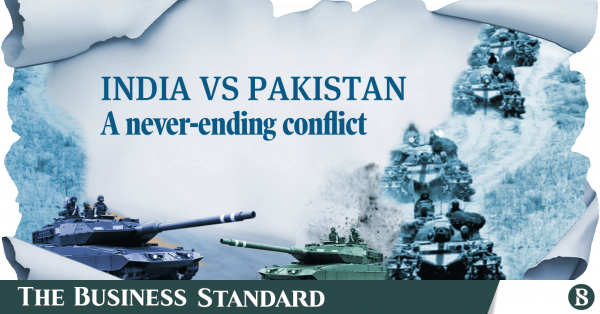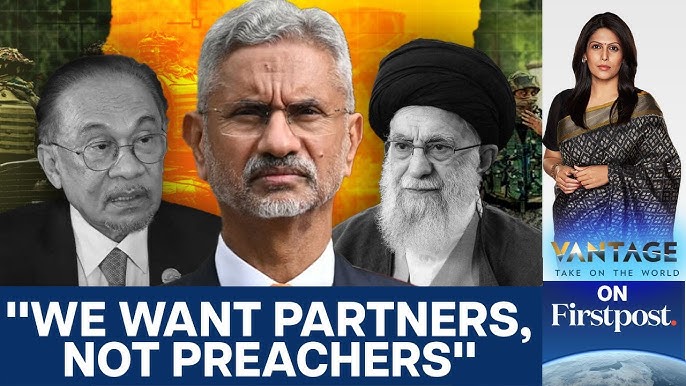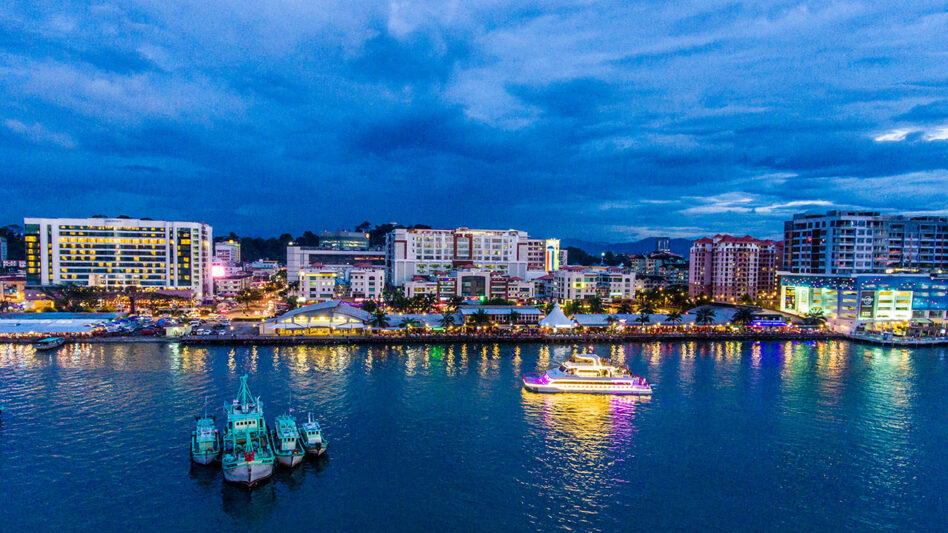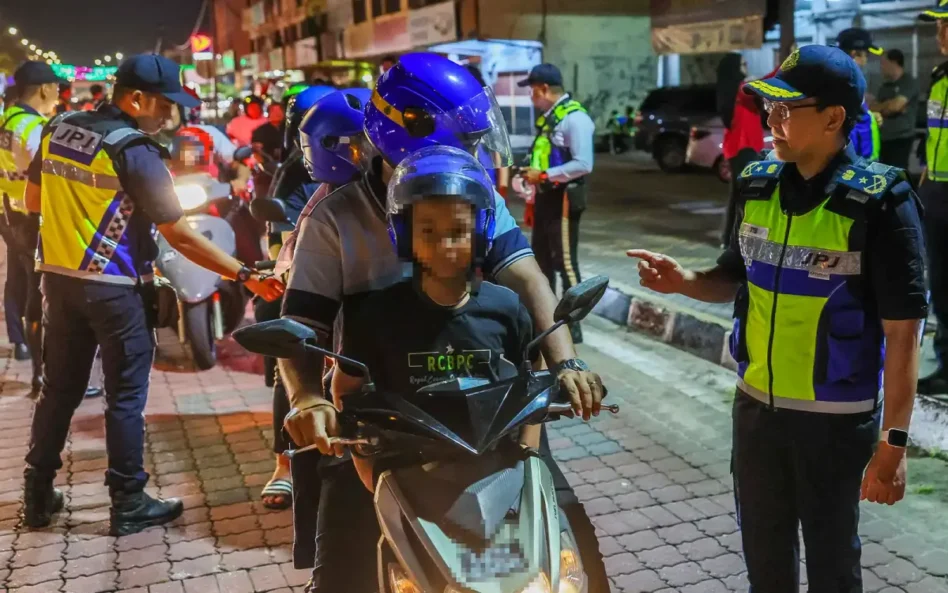I AGREE with ABIM (Muslim Youth Movement of Malaysia) president Ahmad Fahmi Samsudin that reducing tensions between India and Pakistan – particularly after the recent terror attacks in Pahalgam, Kashmir which claimed the lives of many innocent civilians, mostly Hindus – should be the immediate focus of both South Asian neighbours.
However, Fahmi also criticised an Indian media outlet Firstpost for questioning Prime Minister Datuk Seri Anwar Ibrahim’s suitability to mediate the India-Pakistan conflict.
The outlet argued that Anwar lacked neutrality and objectivity, citing a perceived bias towards Pakistan.
It also criticised other nations, including Turkey and some European powers, for speaking of peace while their own domestic policies remain divisive and exclusionary.
Anwar’s offer to mediate between India and Pakistan – despite its good intentions – has come under fire primarily because of this perceived pro-Pakistan tilt.
His comments expressing understanding of Pakistan’s challenges and referring to Jammu and Kashmir as an “Indian-administered territory” have especially stirred controversy.
Bias mediator
While it is acknowledged internationally that Jammu and Kashmir is a disputed region, referring to it in this way undermines India’s constitutional integration of the region following the abrogation of Article 370 in 2019 which placed the territory directly under central Indian administration.
The core grievance from the Indian side is Anwar’s failure to explicitly condemn Pakistan-backed terrorist activities in Kashmir.
The recent killings in Pahalgam which targeted Hindu pilgrims were a painful reminder of on-going cross-border militancy.
India has made it clear that what it needs is cooperation in eradicating terrorism – not mediation from parties who lack objectivity and a deep understanding of the conflict.
Moreover, Firstpost questioned Anwar’s moral standing in international mediation due to Malaysia’s own troubled domestic record, including policies that allegedly favour one community over others.
This criticism strikes a chord when we reflect on Malaysia’s limited success in previous peace-brokering efforts.
‘Not an honest peace broker’
Take, for instance, Malaysia’s role as an official mediator in the protracted conflict between the Thai government and the Muslim insurgency in Thailand’s southern provinces.
Despite years of negotiations hosted in Kuala Lumpur, little progress has been made. While Anwar, after taking power in 2022, promised to prioritise the resolution of this conflict, the lack of tangible results has fuelled disillusionment among the Thai Muslim population.
Many feel that Malaysia – perhaps wary of encouraging irredentist sentiments among the culturally similar Malay-Muslim population in Malaysia’s northern states – has hesitated to fully back the Thai Muslim cause.
Similarly, during the Acehnese struggle for independence in Indonesia, leaders of the Free Aceh Movement (GAM) pointedly excluded Malaysia from mediation efforts.
Despite ethnic and religious commonalities, GAM never viewed the Malaysian government as an honest broker.

They believed Malaysia’s long-standing bias towards Indonesia meant it would not appreciate the Acehnese aspiration for self-determination.
In fact, during the Helsinki peace talks in 2005, I was invited by GAM to serve as an advisor – notably, without any involvement from Malaysia.
These examples illustrate a pattern: Malaysia’s efforts in mediation are often undermined by a lack of perceived neutrality, inconsistencies in foreign policy and unresolved domestic contradictions.
While Ahmad Fahmi’s concerns are valid, he must also recognise that diplomatic mediation demands more than good intentions or strong bilateral ties.
It requires moral clarity, credibility, and above all, a demonstrated ability to empathise with all parties – while unequivocally condemning acts of terror and violence.
Malaysia does not need to be a global superpower to play a constructive role in conflict resolution. What it needs is consistency, honesty and the courage to take principled stands even when they challenge traditional allies or religious affiliations.
Without these, offers of mediation – however well-meaning – will continue to be viewed with suspicion by the international community. – May 8, 2025
Former DAP stalwart and Penang chief minister II Prof Ramasamy Palanisamy is chairman of the United Rights of Malaysian Party (Urimai) interim council.
The views expressed are solely of the author and do not necessarily reflect those of Focus Malaysia.
Main image credit: Firstpost/YouTube









